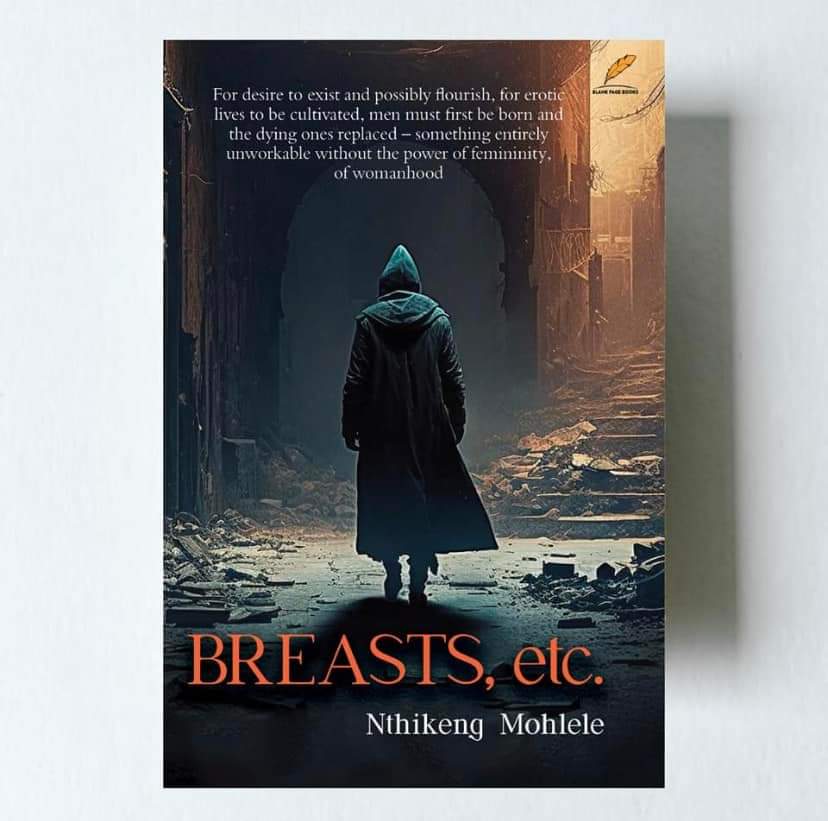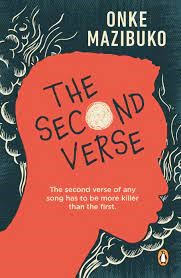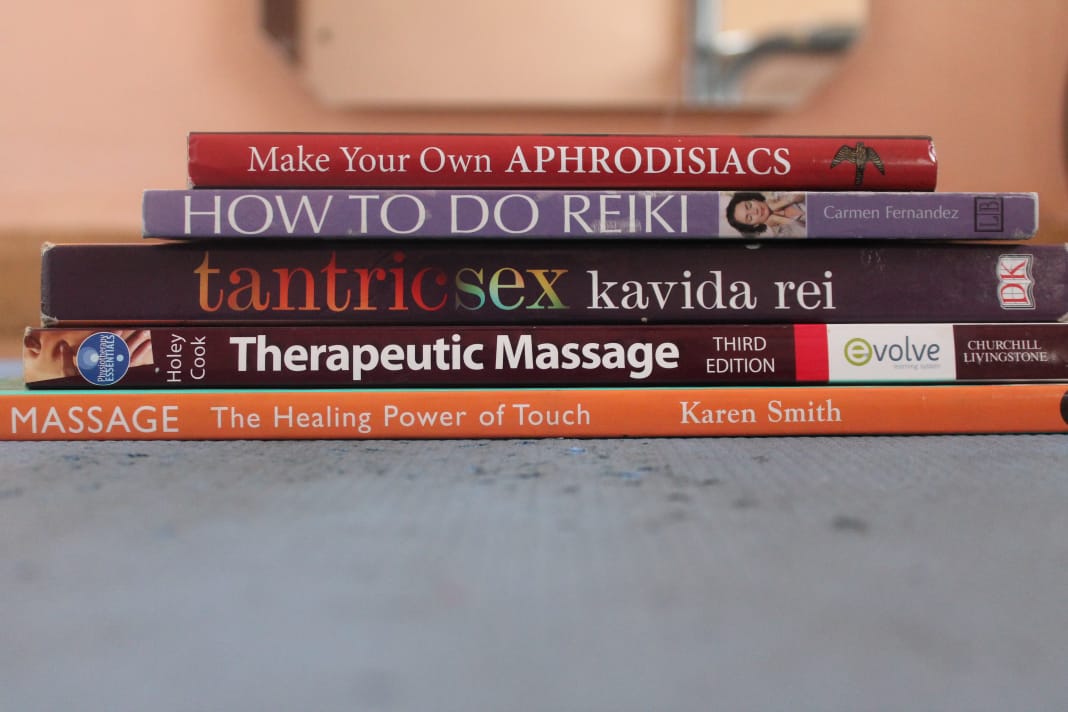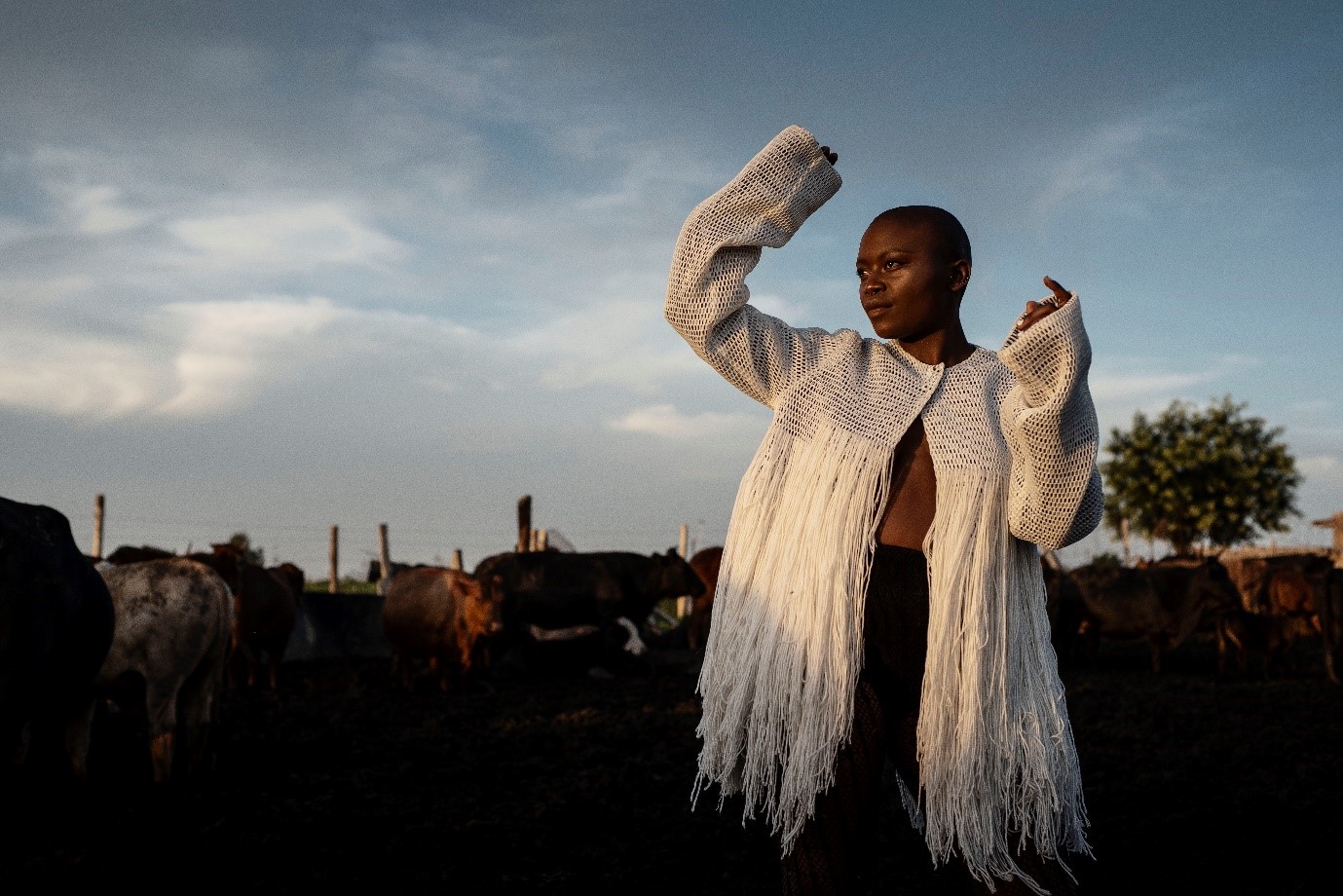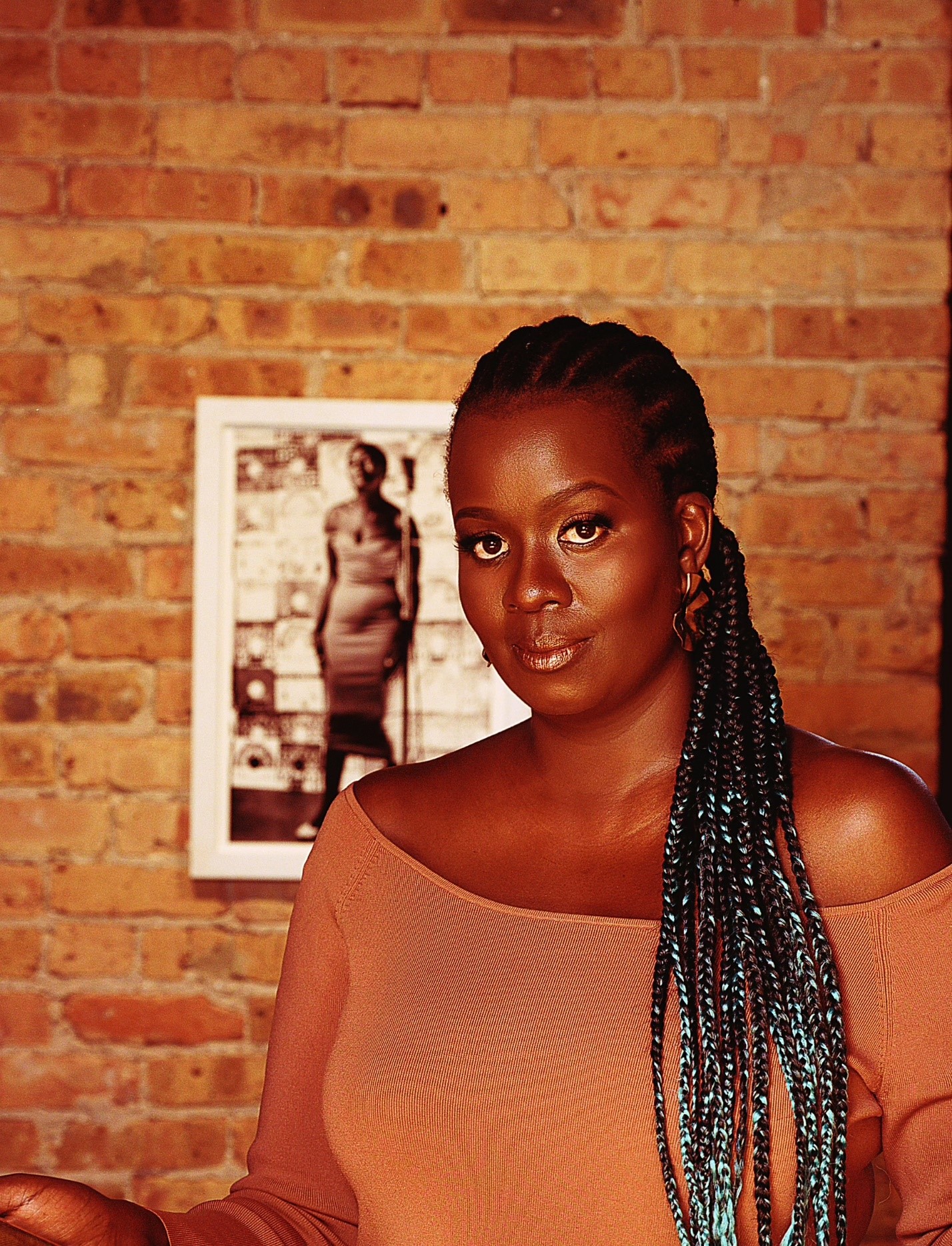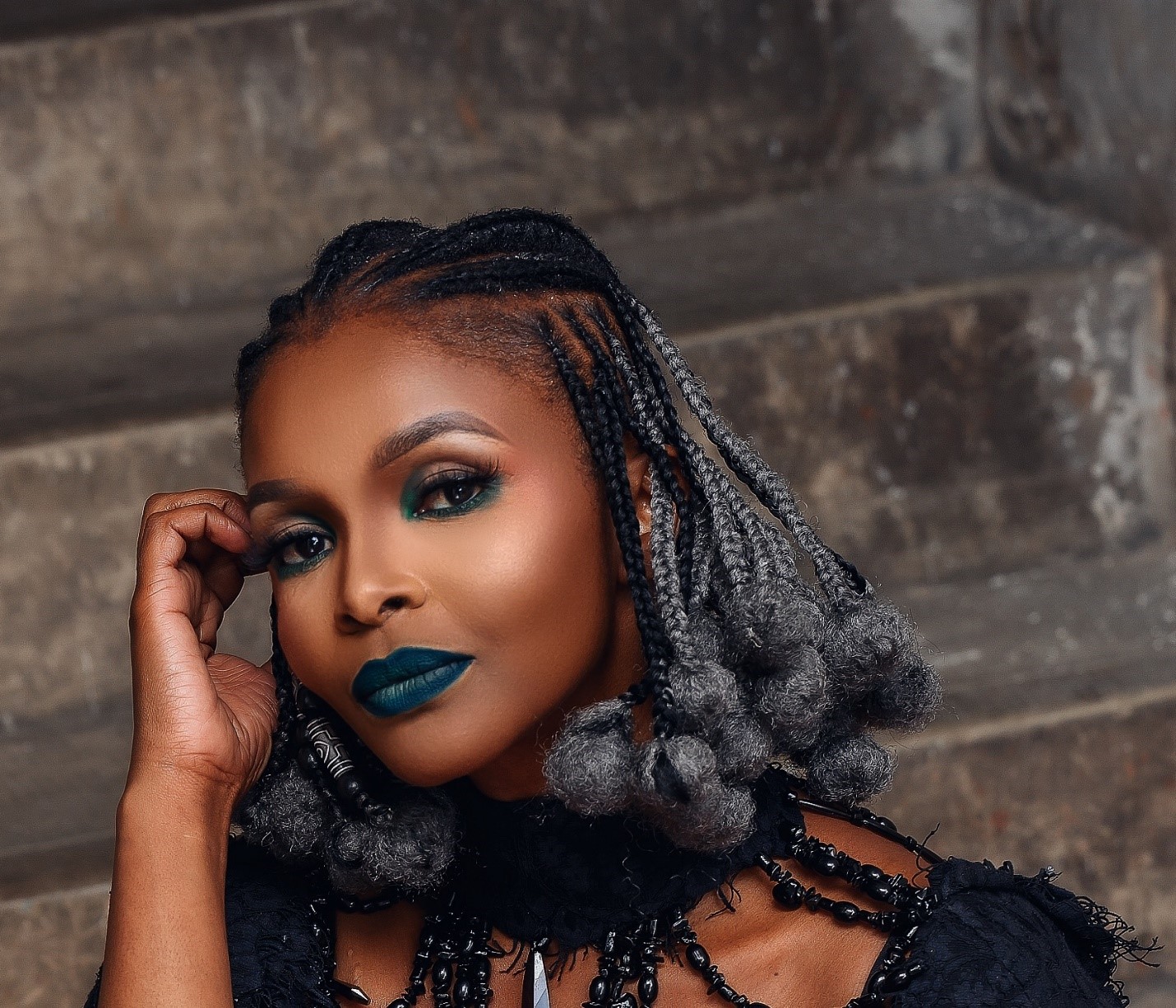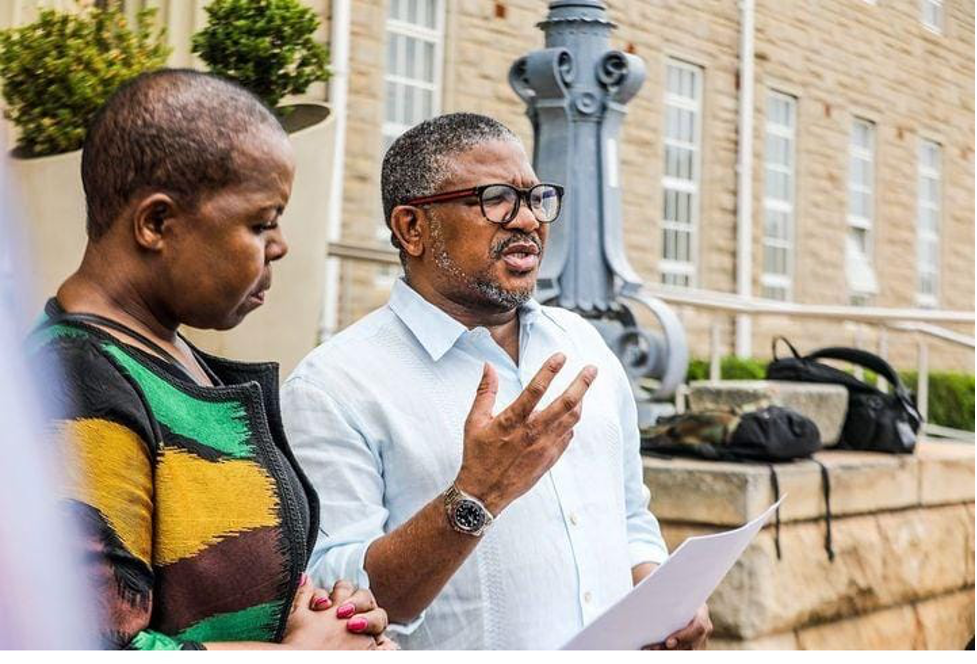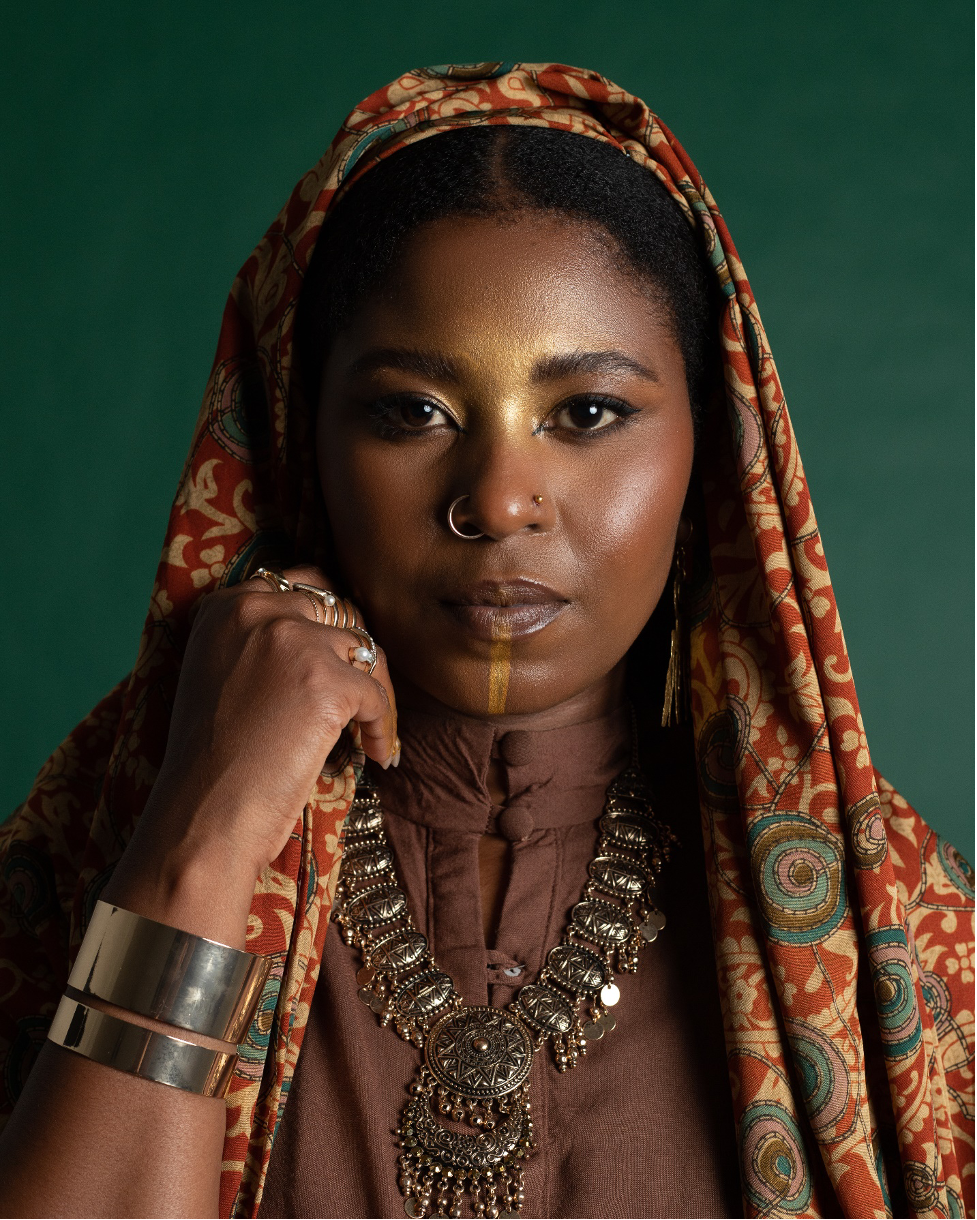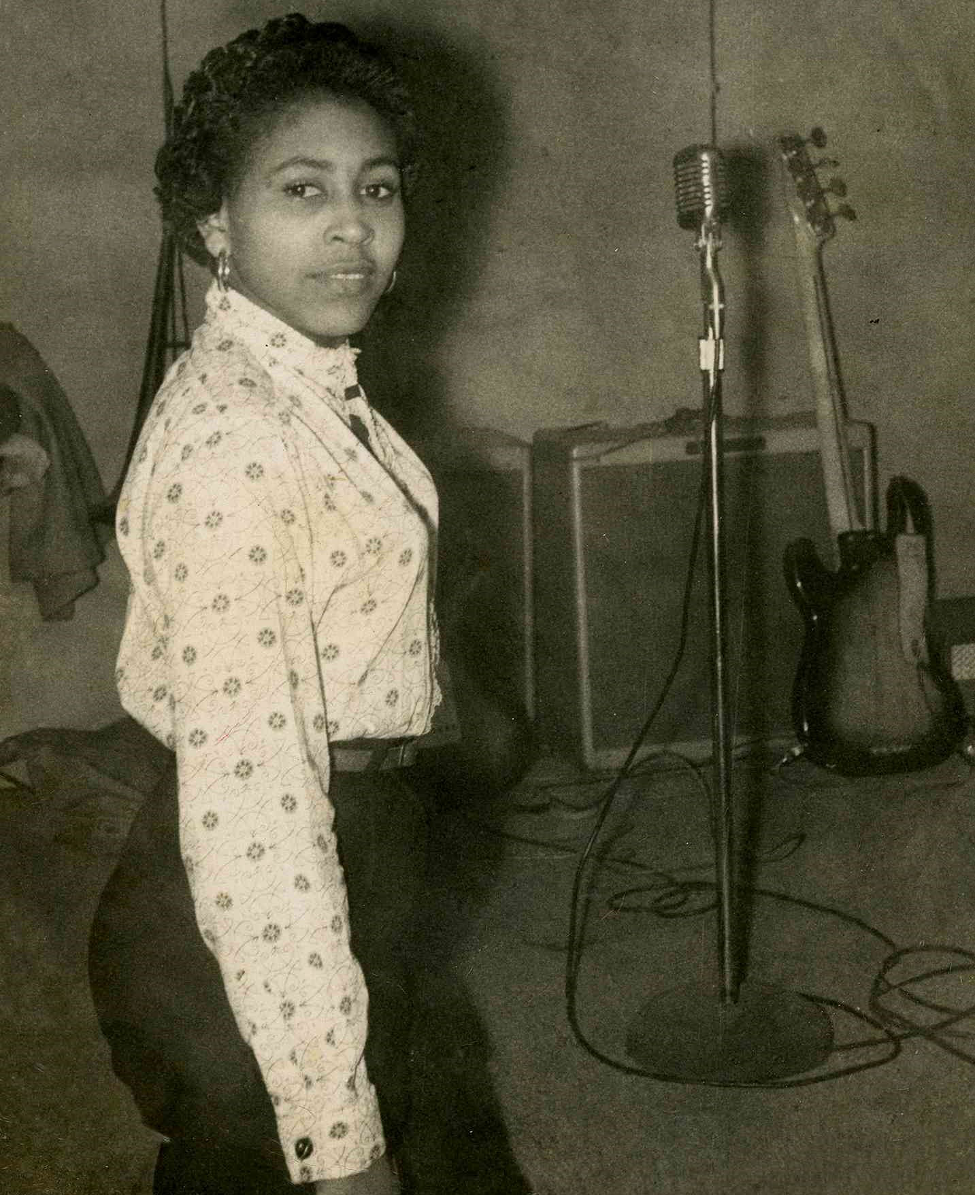Explicit as the title may be, this novel is not about the nocturnal escapades of a male seeking to settle his sexual thirst. Nor a murder mystery in a dystopian future, as the cover suggests. Published by Blank Page Books, Nthikeng Mohlele’s latest novel Breasts, etc. is a challenge. Driven by an unconventional format, the text probes themes of feminine centrality, nakedness, and existential strife through a male’s perspective.
Celebration of feminine form and power
These themes are an invitation to reflect on our understanding of the feminine form in shaping our relationships and even career choices. The book is laced with overt erotic writings along with the narrator’s preoccupations of a post-apocalypse world without women. “I am, as a personal and artistic rule, suspicious of genre rigidities and limitations. The creative choices around a dash of erotica or dystopian accents in Breasts, etc. has more to do with the weight of story than genre window dressing”. This was Mohlele’s response at the tail end of the Gauteng International Book Festival earlier this month on the premise this lyrical tale is built on. “I was and am, principally, trying to tackle feminine centrality and agency in human lives and existence; while swimming against the tide regarding known and perhaps overfamiliar feminist theories and narrative framing.” Swimming upstream he did. When one fails to swim beyond shallow judgments based on the title, it is easy to simplify and sexualize the novel’s intent. The text is for reading pleasure and is thought-provoking. It demands backstrokes between the charming metaphors, a deep dive into reading between the lines, and silver stripes. “My instincts were and remain that the text is a celebratory take on feminine power rather than the objectification of women in a manner that can be considered crass and disrespectful.”
A man of solitude
Breasts, etc. follows the philosophical lamentations of portrait photographer and narrator James Baldwin. He is a man of solitude and jazz, with a million thoughts orbiting in his headspace, swinging to the gravitational pulls of doom and gloom. Did the narrator’s thoughts and poetic prowess perhaps shine brighter at the expense of character development and overall narration? “There is, in my perhaps limited and biased view, no complication to this character construction and rendering. I am familiar with aspects and branches of philosophy and art in general; including music and I suppose that lends itself to cerebral and artistically sensitive lead characters” says Mohlele. This kind of male character is evident in the majority of Mohlele’s writings. What lessons is the author hoping readers deduce from such male narrators? As a person and artist, Mohlele says he prefers introverted personality types and people with few words; thinkers rather than exhibitionists. He contends that it is a question of style. “The reason the register and identity of an artist are sacrosanct with the manner and patterns with which they create artworks: Marechera, Head, Hendrix, Sekoto, Masekela, Morrison, and countless others.” Mohlele’s aim is not to be prescriptive as to what readers should deduct from such artistic framing except to pay attention to how ideas are framed and contested.
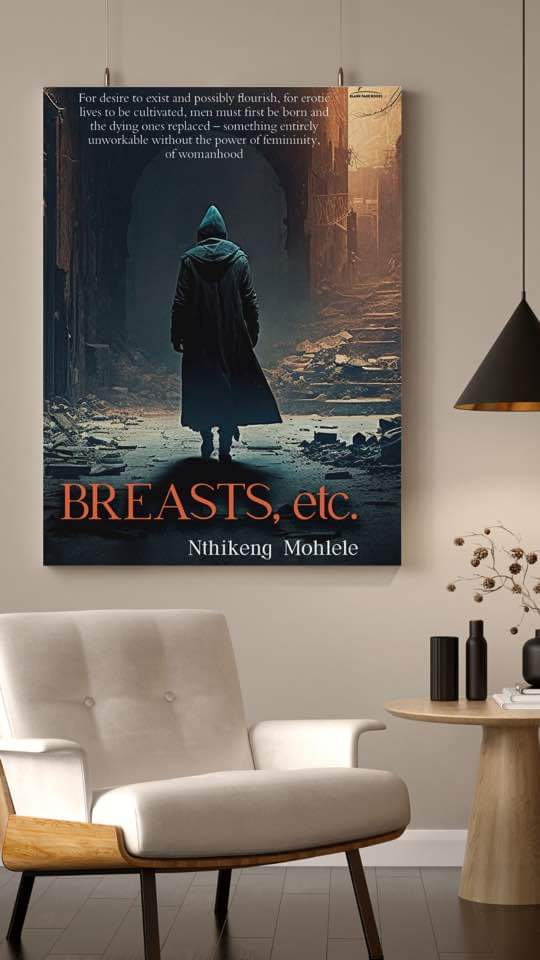
The male voice on the female body
Breasts, etc. is also a challenge to readers- particularly women- in reading a male voice on the female body, a topic that is both sensitive and political. The narrator’s view may be that pendulum swinging between admiration and annoyance. Do such male characters like James unsettle some female readers? “I try not to be dictated to by what people might or might not say when creating art. A surgeon does not worry about blood and gore when operating, but to heal or save a life. The question is: why then, should writers worry about the difficulties and perils of their trade?” The fact remains, Mohlele adds, that the feminine form is one of the most beautiful and arresting realms at form, intellectual, sensory, and spiritual levels. He further argues it would therefore, be a waste to tiptoe around such thematic power because of fear of backlash “which is not to say that care and proper reflection should not be borne in mind when tackling such themes.” James’s character interrogates the notion of self-discipline and sensitivity toward women’s vulnerabilities. It probes if men have the right to comment on the feminine form or not. If a male voice is compromised and unsuitable to discuss the female form, how are we to create emphatic relationships and society? How are men going to better support their wives, sisters, daughters, and mothers in understanding their struggles? Mohlele adds that the entire architecture of human existence is, with perhaps a little help from men, premised around the bodies and anatomy of women: child conception, bearing and care; early language development, and so forth. “Why then, would I not tackle such a rich assortment of choices regarding the feminine form and agency?”
Spark a conversation
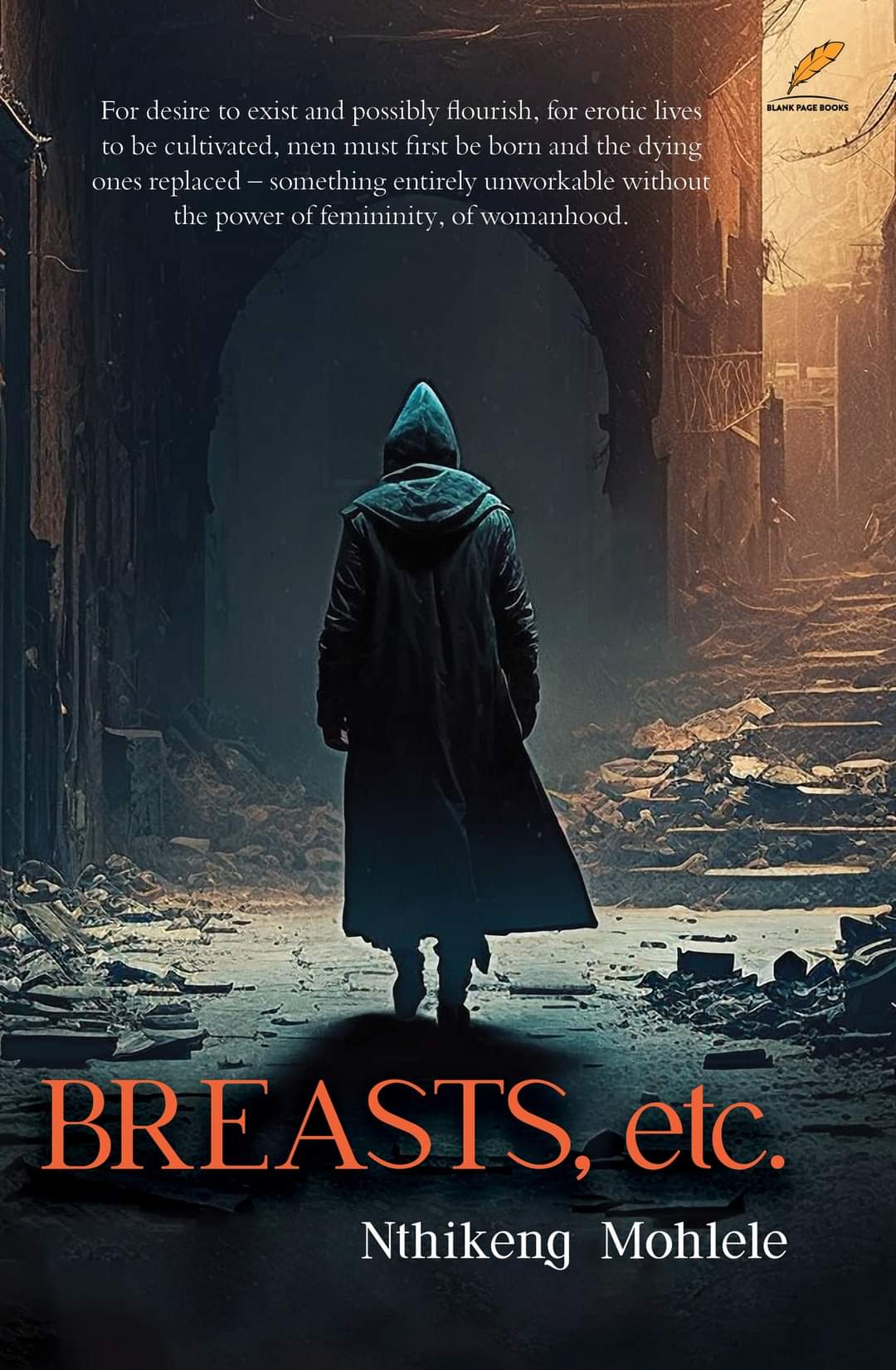
This novel is a lit match stick thrown in paraffin-induced logs to spark a conversation on gender issues, sexual pleasure, and existential worries. It is a front-seat experience of a middle-aged man’s thoughts on love, lust, and life. Far from a teenager’s liquid dreams, or a perverted man’s fascination with the female form, Breasts, etc is a challenge to descend between sexual and sensual, obsession and celebration. It questions whether men can be disciplined, sensitive, and mature in engaging the feminine form without the objectification of women. In the end, what is the point of the arts if it doesn’t evoke and elevate critical thinking and feelings? Mohlele has given readers a challenge to reexamine views not only on these themes, but also unorthodoxies of writing style and format. Dear reader, will you accept the challenge with open-mindedness or decline?

